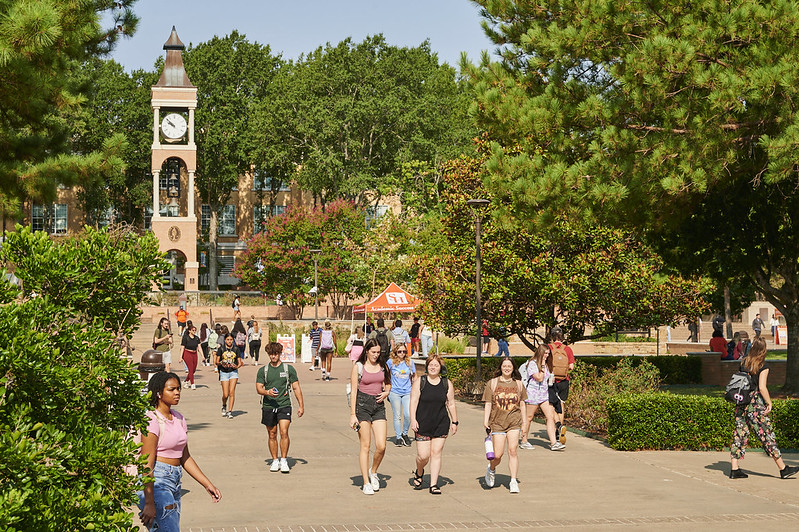Sam Houston State University to Revive Vocational College to Meet Workforce Needs
Published Aug 20, 2024 by Hailea Schultz
Sam Houston State University (SHSU) plans to reopen its vocational college with a focus on addressing the region’s workforce challenges and growing industry demands.
According to the Houston Chronicle, this initiative began earlier this month when the Texas State University System voted to reinstitute and rename the institution as the Polytechnic College.
Originally established in 1947 as the Josey School of Vocational Education, the college was dedicated to equipping veterans and adults with additional training and skills needed for employment. In reviving this institution, SHSU aims to build on this historic initiative by offering short-term certificate programs designed to provide immediate job opportunities. These programs will also serve as steppingstones towards advanced certificates or four-year degree programs, offering flexible pathways for career development and educational advancement.
The Polytechnic College will collaborate with industry partners to design courses and curriculum that meet current industry needs. Additionally, the college will align these offerings with existing academic programs to further research initiatives.
"We’re not going to just have a bunch of technical programs that cover the gamut," Chad W. Hargrave, SHSU’s vice president for research and strategic partnerships, told the Chronicle. "We’re going to be responsive to what industry is telling us they need today or in the near future."
This strategic initiative aligns with the growing efforts of local colleges and universities to address evolving industry needs. The University of Houston-Downtown recently introduced a new Wind Turbine Technician program to strengthen the region's renewable energy workforce. Meanwhile, Alvin Community College launched a biotechnology certificate program last fall, aiming to develop a pipeline of skilled technicians for the region’s biotech and life sciences sectors.
These efforts reflect Houston’s dedication to building the workforce of tomorrow, while supporting the growth of its key industries.
Learn about the Greater Houston Partnership’s UpSkill Houston initiative.
 The Houston Report
The Houston Report




















